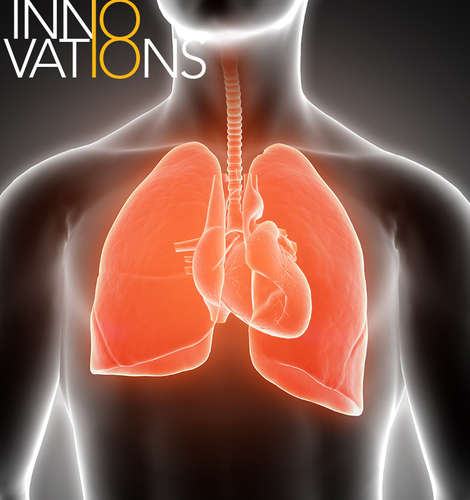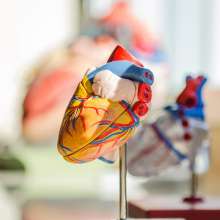Administration of treatment for heart failure (myocardial disease) currently includes either oral or needle-based routes (injection or intravenous). Scientists have now devised a new inhalable therapy for heart failure. This pioneering delivery approach is reported in the scientific journal Science Translational Medicine, published online January 17, 2018.
Background
Cardiovascular disease is the leading cause of death worldwide, claiming roughly 17.5 million lives per year around the world, which accounts for an estimated 31% of all deaths globally.
However, even though nanomedicine (small molecule medicine) represents a promising approach for efficient delivery of medicine, and despite remarkable advances in the use of nanoparticles in the cancer field, few studies have been reported for nanomedicine applied to the treatment of heart diseases.
Furthermore, despite increasing interest in peptide (small protein) therapeutics in pharmaceutical research and development, it is currently not possible to administer peptides for therapy targeting the heart via a non-invasive procedure.
The research
Scientists from Germany and Italy recently created calcium phosphate nanoparticles (CaPs) composed of a material that closely resembles bone and teeth.
Using a rodent model of diabetic heart failure, the researchers show that inhalation of CaPs loaded with peptide therapeutics improved myocardial contraction and restored cardiac function. Inhaling particles did not cause any toxicity to healthy heart tissue in mice or rats.
They also showed that CaPs rapidly accumulated in the heart after inhalation in healthy pigs, which have similar respiratory systems to humans.
The scientists suggest that this inhalation therapy may make convenient, home-based treatments a reality for chronic heart failure patients. Inhalation delivery is faster than oral administration, and easier to administer and more comfortable than needle-based routes.
They also suggest that further studies are needed to evaluate the long-term safety of nanoparticles and to determine how the CaPs cross the pulmonary barrier.



